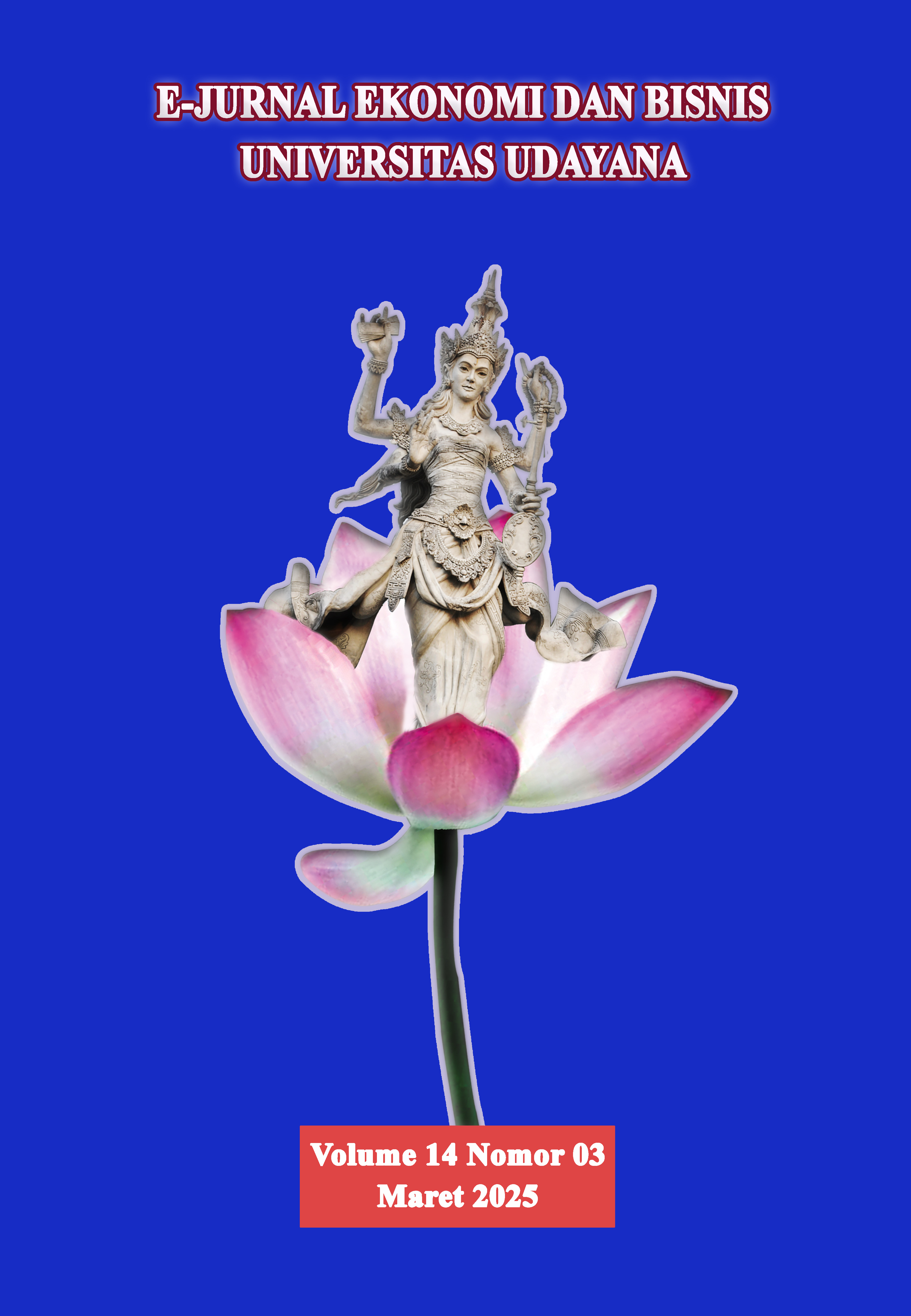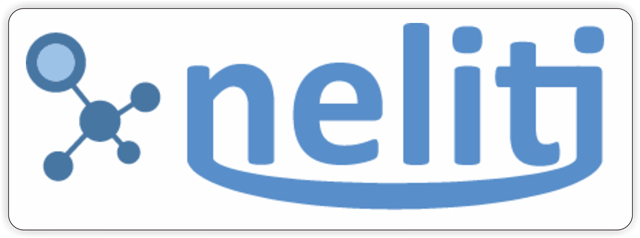COGNITIVE AWARENESS AND CONSUMER WILLINGNESS TO PAY FOR PLASTIC WASTE MANAGEMENT PROGRAMS: A CONTINGENT VALUATION METHOD
Abstract
The increase in urbanization in Condong Catur, Sleman, has led to a high volume of plastic waste in the area. This issue is not accompanied by adequate waste management. Therefore, community participation in waste management is highly needed. This study aims to examine the willingness to pay (WTP) for improved plastic waste management and the socio-demographic factors influencing it. The study employs a survey of 399 households selected through stratified random sampling. Data were analyzed using logistic regression to evaluate the effects of income, education, age, and cognitive awareness on WTP. Results indicate that 78.95% of respondents are willing to pay an average of IDR 26,000 per month for improved plastic waste management. Income, education level, and cognitive awareness significantly influence WTP, while household size and shopping location have no significant impact. Cognitive awareness emerges as a critical determinant, as individuals with a higher level of environmental awareness are more inclined to pay for improved waste management systems. This highlights the essential role of cognitive awareness in shaping responsible waste management behavior and fostering a deeper understanding of environmental issues.


















